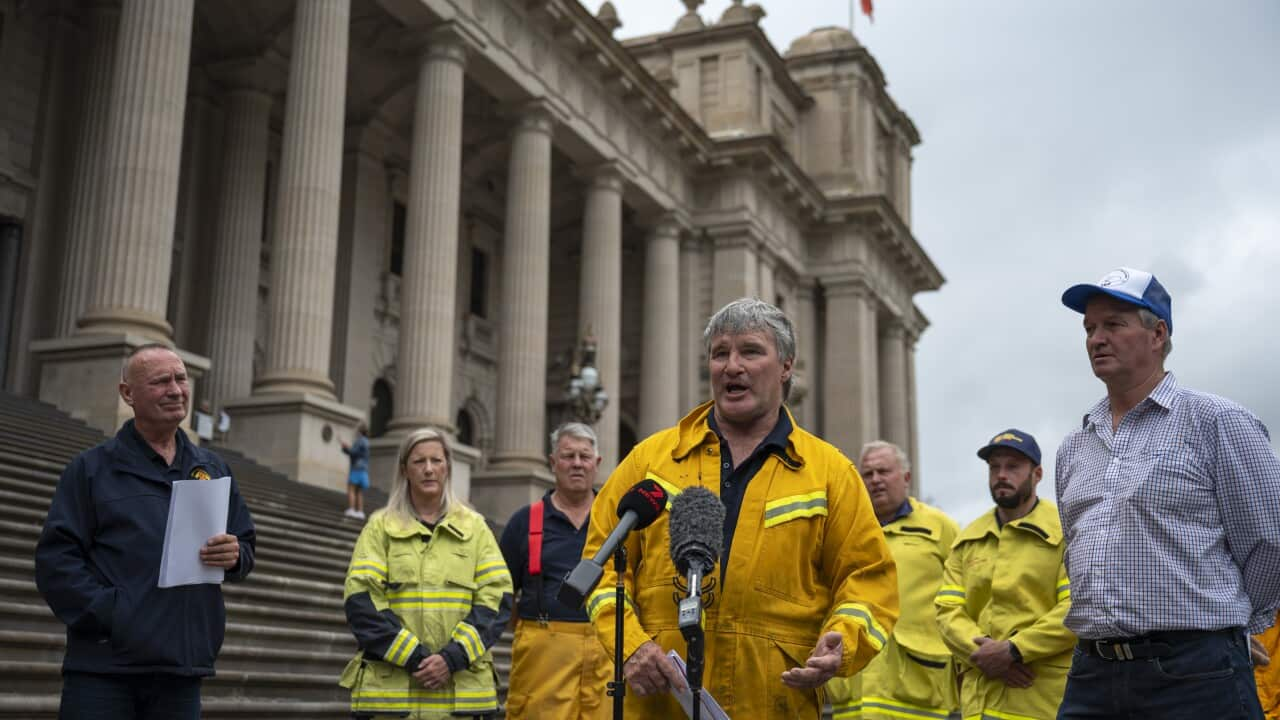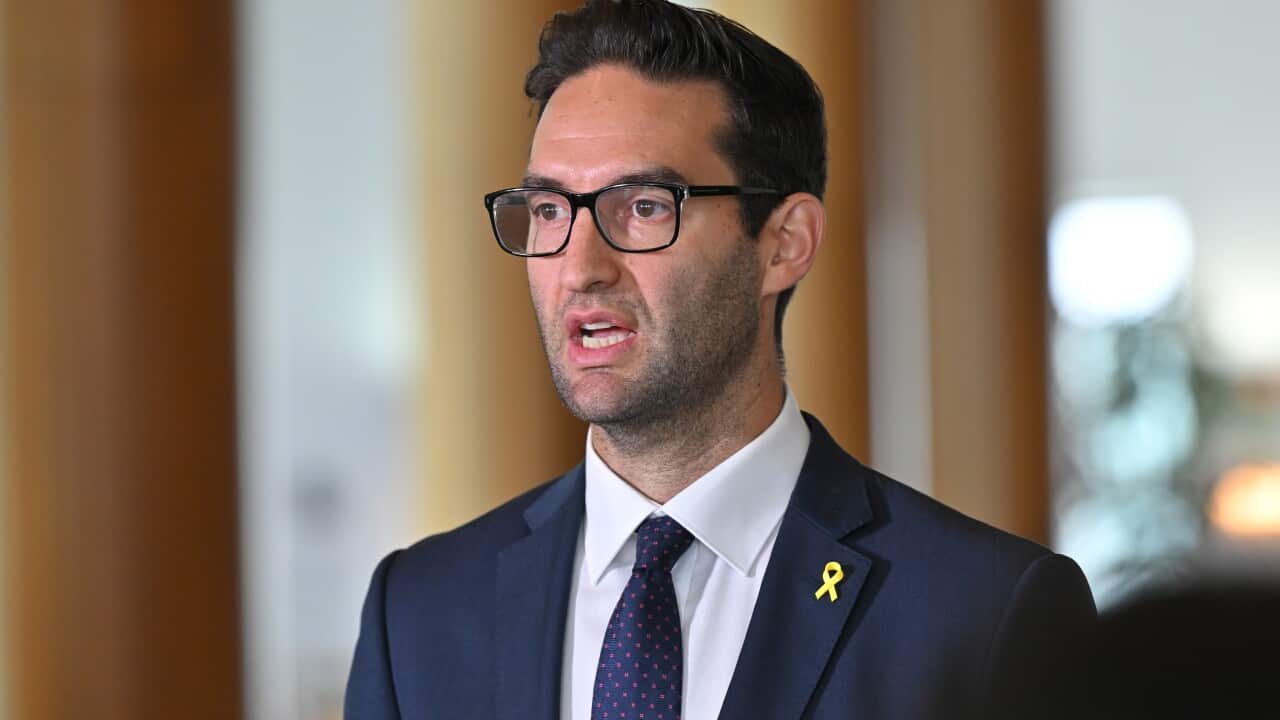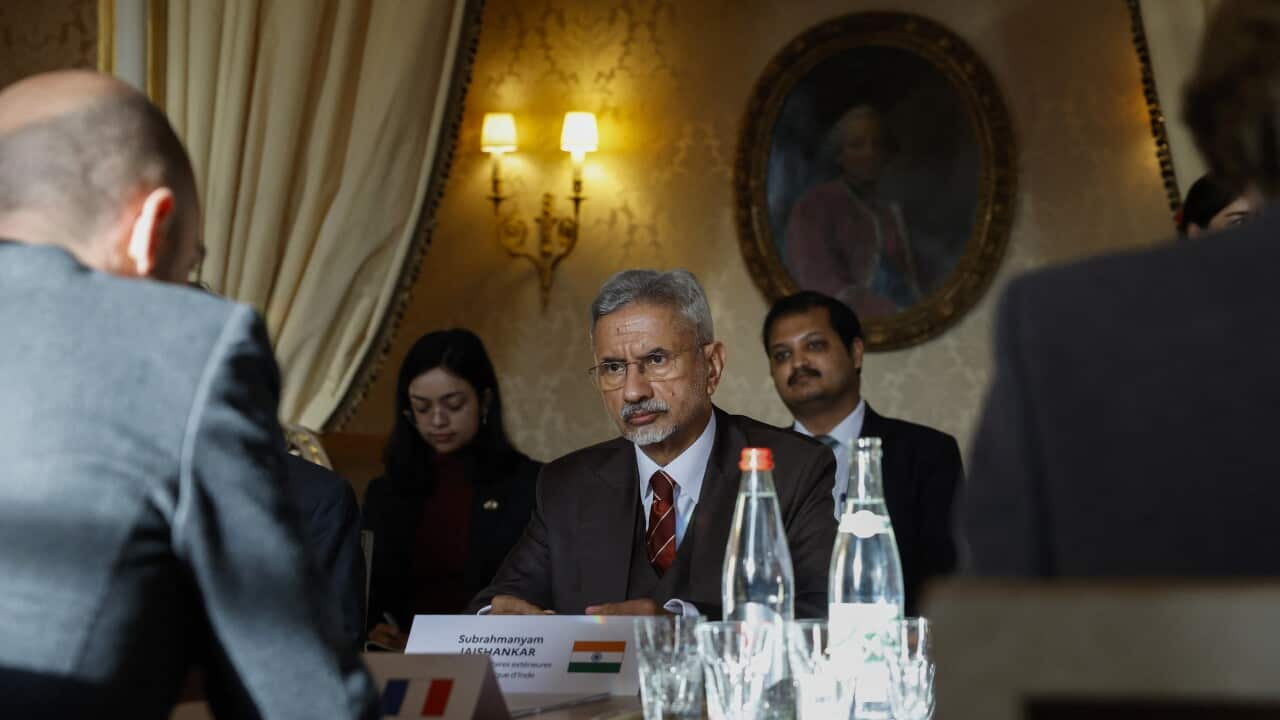The telephone and online survey of 1,200 people by the Sydney-based Lowy Institute has found 54 per cent of the population feels the annual intake is too much.
Reflecting a dramatic change in four years, a poll by the respected Lowy Institute has found a majority of Australians now believe the country is accepting too many migrants.
An annual nationwide poll by the institute has found 54 per cent feel the intake is too high, up from 37 per cent just four years ago.
Lowy Institute research director Alex Oliver says she suspects anti-migration commentary from One Nation and former Prime Minister Tony Abbott has played a significant role in the change of feeling.
"Well, in February -- and that's an important point, because our field work was done, our telephone calls to the survey were actually done, in March -- and, in late February, Tony Abbott made a speech in which he referenced the rate of immigration. So without pointing a finger at immigration in general, he said the rate of immigration was too high, it's putting pressure on house prices, on infrastructure and on the issues of social cohesion. And that may have played into the very high result on immigration, for whatever reason. But I would expect that there are broader currents as well in the national conversation, which are picked up by parties like One Nation, which are having an impact on the way that we feel about immigration generally."
The head of the Migration Council of Australia, Carla Wilshire, says the debate over immigration tends to always centre on the actual number of migrants at the expense of other aspects she says are important.
She says just questioning the numbers should not be the focus.
"The question we should be asking is, 'What is Australia's future, and what do we need in order to make that outcome a reality?' And we do absolutely need critical skills in industries that are going to open up linkages and pathways and economic activity for Australia globally. We need a certain level of population, in terms of our physical security within the region. We need a certain level of population in terms of remaining competitive. And I think what we don't want to see is Australia, in a sense, stagnating, in terms of our growth and population, and then really kind of falling down in terms of the global scale and table."
The Lowy Institute poll covers a broad range of topics.
Another key finding is a lack of confidence in United States president Donald Trump, with only 30 per cent of Australians having either "a lot" or "some" confidence in him "to do the right thing regarding world affairs."
There has also been a significant rise in the number of Australians who say the federal government is allowing too much investment from China.
The survey found 72 per cent have concerns, compared with 56 per cent in 2014.
And while anti-immigration commentary might have influenced the results on the migrant intake, politicians' criticism of renewable energy appears to have failed to dampen Australians' support for renewables.
The poll found 59 per cent of Australians view global warming as a serious and pressing problem and 84 per cent want the government to focus on renewables.
Alex Oliver from the Lowy Institute says she was surprised by that result, considering the vigorous debates over energy security.
"We repeated a question this year that we asked for the first time last year, comparing the case for renewables and the case for coal, or traditional energy sources such as coal and gas, and, despite the fact that there's been a huge amount of debate about renewables, energy security, the importance of coal-fired power for continued reliability of an electricity supply, the number of Australians who actually say the government should focus more on renewables is up three points this year to 84 per cent. So that's an overwhelming majority who say the focus should be on renewables, while only 14 per cent, which is actually down this year, say the government should continue to focus on traditional energy sources such as coal and gas. So, in the context of that very vigorous debate this year on energy security, that was a surprising result."




